If you’re someone who values peace, quiet, and a dog with a calm soul, these 10 quiet dog breeds might be your perfect match. From the gentle Basenji, known for its bark-free nature, to the mellow Basset Hound who prefers naps over noise, each breed brings serenity to your space. These pups are ideal for apartment dwellers, older adults, or anyone craving a low-key canine companion. Don’t mistake their silence for shyness—many are affectionate, loyal, and deeply intuitive. Whether you’re looking for a gentle cuddle buddy or a calm presence by your side, these breeds deliver love without the loud.
The Basenji: Africa’s Original Silent Sentinel
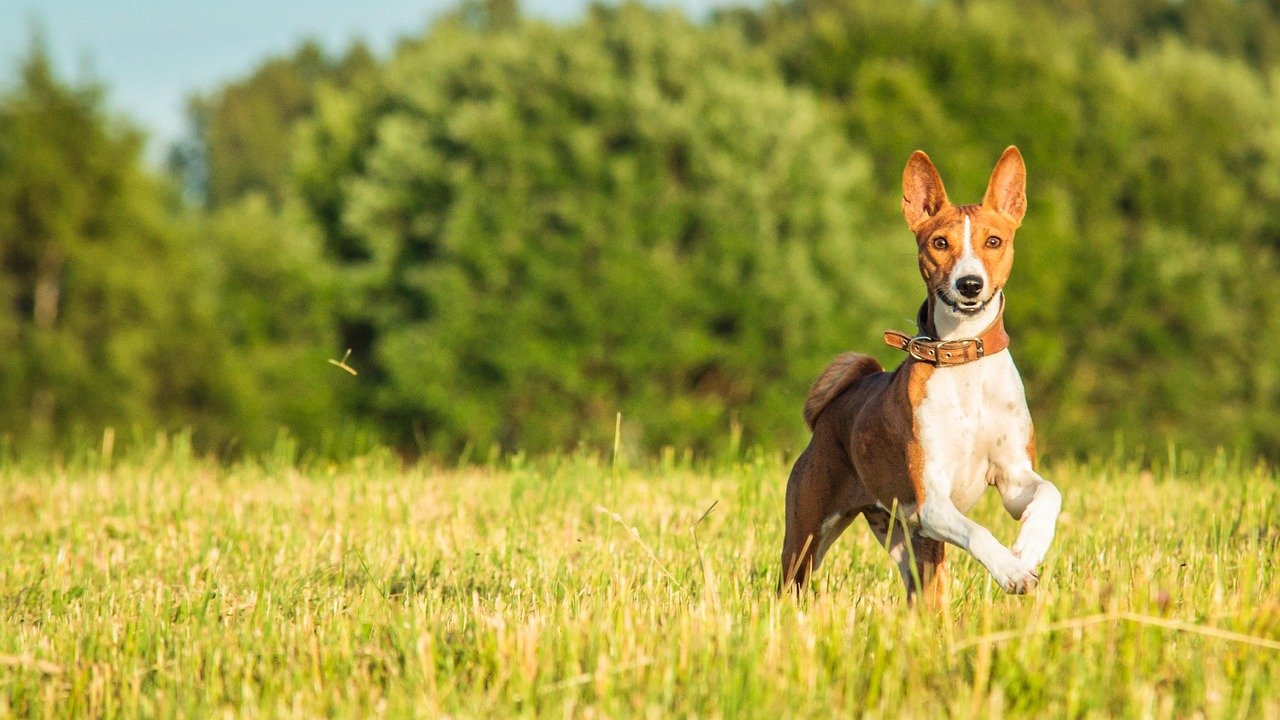
Have you ever heard of a dog that literally can’t bark? The basenji is literally known as the “barkless dog” because they make so little noise, but the breed’s not completely mute. These remarkable African hunting dogs have a unique voice box structure that prevents traditional barking, but they’ve found creative ways to communicate. When they do decide to speak up, the hounds make odd noises that sound similar to yodels. It’s like having a Swiss folk singer in your living room—charming in its own quirky way.
Originally bred in Central Africa, these intelligent pups were treasured by ancient pharaohs who valued their stealth abilities during hunts. The Basenji, known as the “barkless dog,” makes unique yodeling sounds instead of traditional barks. Originating from Central Africa, this breed is independent and curious. Basenjis are intelligent and playful, making them great companions.
The Gentle Giant Newfoundland: Nature’s Nanny
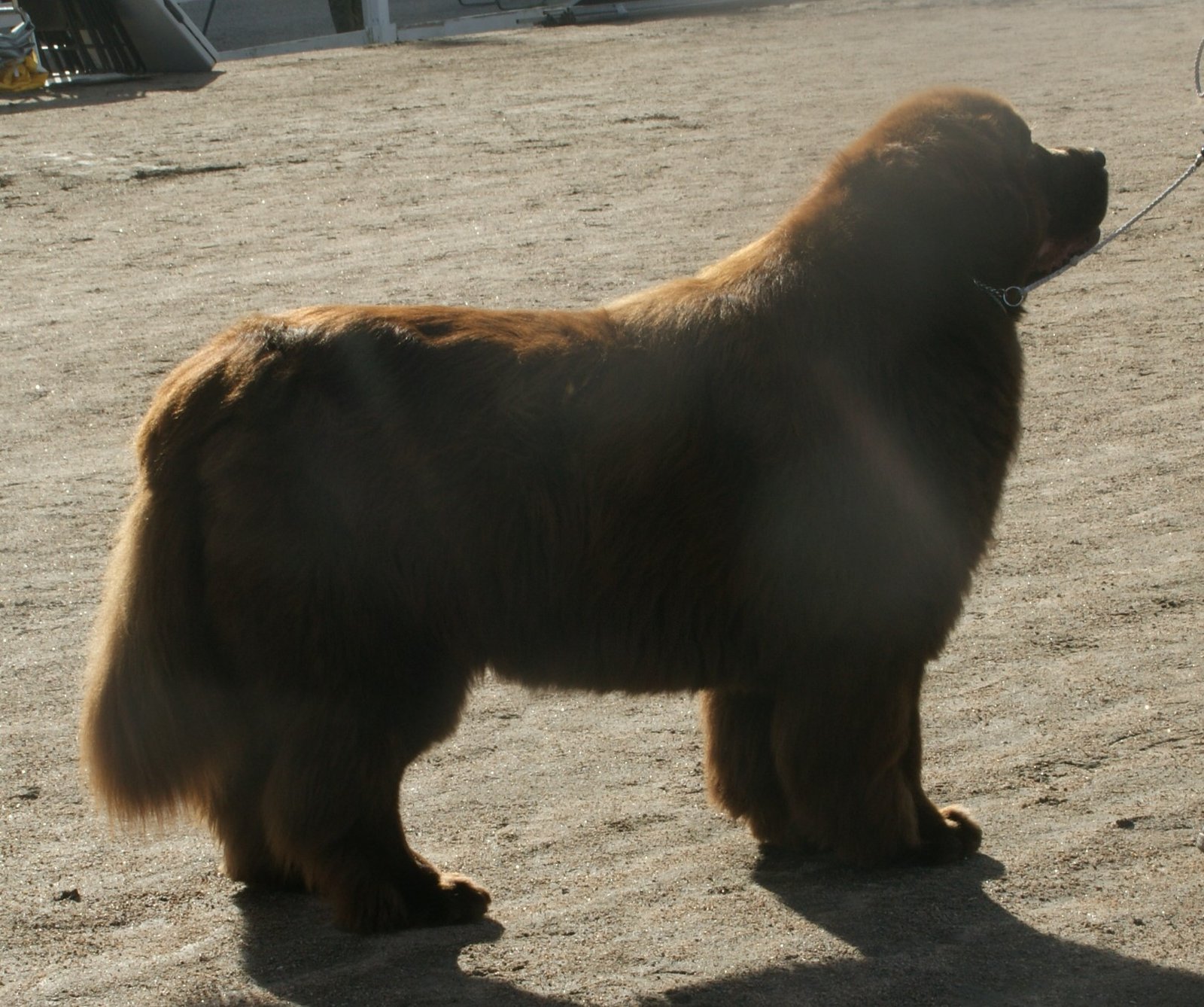
Picture a dog so massive it could probably carry your groceries home, yet so gentle it earned the nickname “nanny dog.” We’re not gonna lie, this gentle giant is huge (males weigh up to 200 pounds), and when it does bark, it’s loud and deep, but that doesn’t happen very often. It’s hard to fathom this large breed sitting on your lap, but Stanley says this quiet dog breed is known for its inclination to be a lapdog—that is, if there isn’t a body of water nearby. They are top-notch swimmers and well suited in rescue efforts. Because of their quiet nature, they don’t bark much, a welcome trait if you already have a house with noisy kids.
These Canadian islanders were originally bred to work alongside fishermen, diving into icy Atlantic waters to retrieve nets and even save drowning sailors. The Newfoundland breed is known for its quiet demeanor, but did you know that they are also excellent swimmers? This trait made them indispensable to fishermen in their native land, who often deployed these diligent dogs to retrieve fish and nets from the icy Atlantic waters. They are not just quiet; they are heroic! Think of them as the strong, silent lifeguards of the dog world—they’ll let their heroic actions speak louder than any bark ever could.
French Bulldogs: The Apartment Dweller’s Dream
If you’ve ever seen a French Bulldog waddle down the street with their bat-like ears and wrinkled face, you probably couldn’t help but smile. The toy breed’s attributes fit city living to a T: quiet, friendly and (of course) absolutely adorable. These little charmers are basically the perfect roommate—they love lounging on the couch, don’t complain about noise, and rarely make any themselves. Another happy apartment dweller, Frenchies don’t need much exercise other than brisk walks. In fact, their squished noses mean they do best in temperate climates with lots of lounge time.
Their playful nature doesn’t manifest in barking either. Sure, they might snore like a tiny freight train due to their flat faces, but compared to constant barking, that’s a trade-off most neighbors would happily accept. One warning: They may not bark much, but they often snore, wheeze and snort. Frenchies also tend to make a lot of soft chortles and other noises. Their quiet nature combined with their compact size makes them ideal for city living where peace with neighbors is essential.
Cavalier King Charles Spaniel: Royalty with Manners
Named after British royalty, these spaniels carry themselves with the quiet dignity you’d expect from palace residents. The Cavalier King Charles Spaniel is the namesake of British Royalty and known for their go with the flow dispositions to life. Cavalier King Charles Spaniels are always up for a frolic in the park or snuggling on the couch, and they rarely cause a royal fuss – only barking when they are denied the company of their favorite court. These small, silk-coated beauties are like that perfectly polite friend who never raises their voice, even when excited.
If you’re on the search for small dog breeds that don’t bark so much, the Cavalier King Charles Spaniel is worth your attention. Originally bred as a lapdog for European royalty, it’s easy to conclude that the Cavalier was carried everywhere because he knew how to stay quiet. Besides their silent nature, which amazes those who prefer small dogs that don’t bark, Cavalier King Charles Spaniels are also loved for their sweet, loving temperament and adorable looks. They’re equally happy playing fetch in the yard or being your Netflix binge-watching companion.
The Cavalier King Charles Spaniel has royal roots, so it’s no wonder they have a poised demeanor. Instead of guarding the home with an aggressive woof, you’re more likely to find the Cav calmly greeting strangers or cuddled up from a long day of napping.
Great Danes: Giants with Gentle Souls
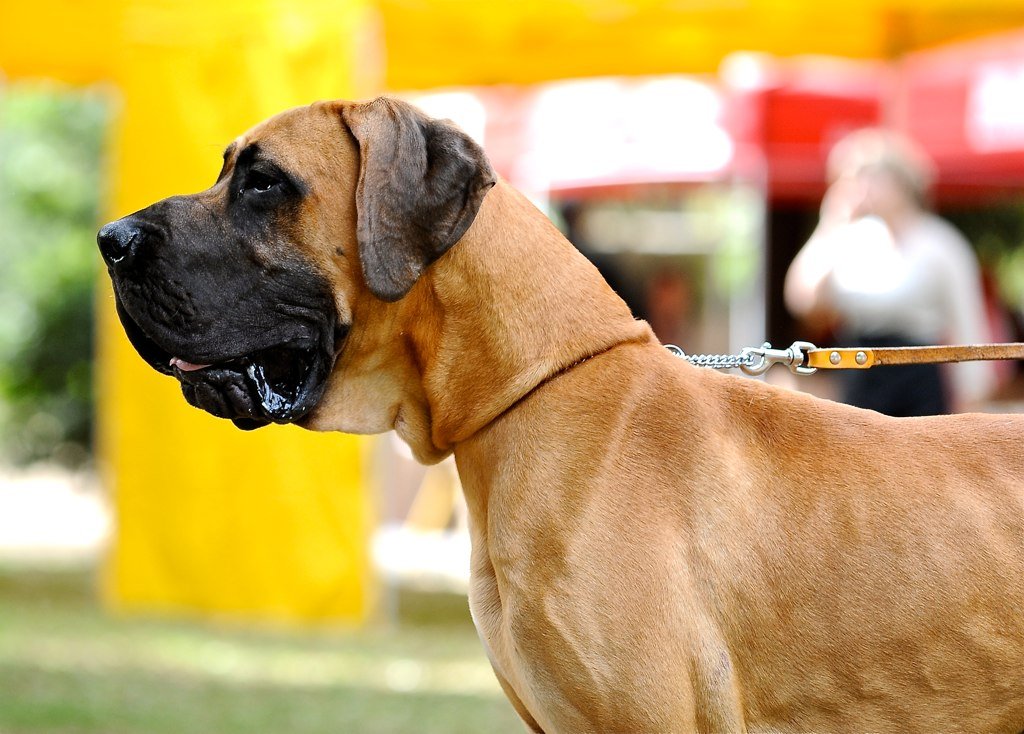
When you’re already the size of a small horse, why waste energy on barking to get attention? In a race for quietest dog breed, the Great Dane runs neck and neck with the Newfie. This gentle giant must know that its formidable size and appearance make it unnecessary to be talkative to be noticed! Barking and lunging tend not to be part of their repertoire, which is good news for humans! These magnificent dogs understand that their presence alone commands respect—no vocal announcements needed.
Great Danes are another breed of gentle giants that are famous for protecting their homes and loved ones. They are among the quietest dog breeds, rarely barking unless there is a good reason—usually to alert, protect, greet, or, sometimes, out of boredom, if ignored or left alone for too long. Despite their imposing stature, Great Danes are essentially oversized lap dogs who believe they can still fit in your favorite armchair. The biggest dog breed is also one of the quietest.
Great Danes don’t have many larger enemies or need to prove their strength through barking. However, when they do occasionally vocalize, it’s loud. So there’s definitely a tradeoff there. Their quiet confidence makes them excellent apartment dogs, assuming you have ceiling space for their towering frames.
Bernese Mountain Dogs: Switzerland’s Silent Workers
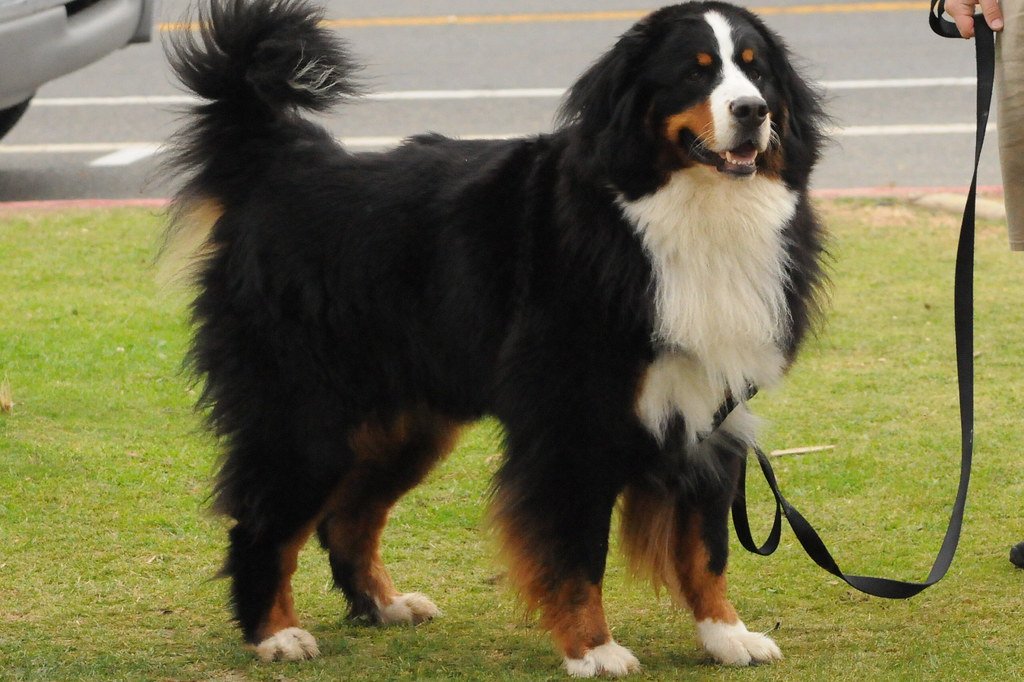
Originally bred to work on Swiss farms, these gentle giants learned that actions speak louder than words—or barks, in their case. The Bernese Mountain Dog or “Berner” is a family favorite for many reasons, including their quiet nature. This large dog breed can weigh over 100 pounds, so even if they don’t bark, they’ll grab your attention one way or another. The Bernese Mountain Dog or “Berner” is a family favorite for many reasons, including their quiet nature. This large dog breed can weigh over 100 pounds, so even if they don’t bark, they’ll grab your attention one way or another. These beautiful tri-colored dogs have mastered the art of calm communication—a raised eyebrow here, a gentle head nudge there.
While some Bernese mountain dogs have a tendency to bark when excited or alerting, most are naturally quiet. If raised from a pup and taught when it’s appropriate to bark, this breed probably won’t be very vocal. Berners are large, energetic dogs and need regular exercise and mental stimulation to stay happy and healthy. Think of them as the strong, silent farmers of the dog world—they’d rather show you what needs doing than tell you about it.
Although large in weight, Bernese Mountain Dogs are gentle giants. They tend to have an even-keeled nature, and they become quite loyal to their owners. Since the Bernese Mountain Dog was a working breed originally, they don’t bark much. Their peaceful temperament makes them perfect for families who want a large dog without the noise complaints from neighbors.
Whippets: The Quiet Speedsters
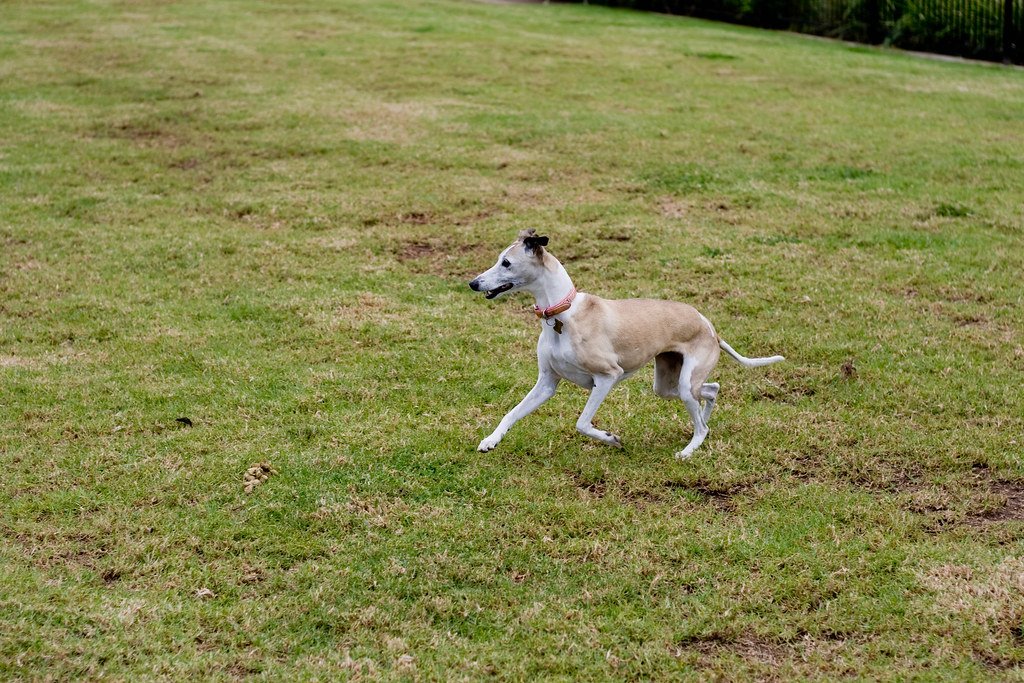
These sleek, slender sighthounds are like the sports cars of the dog world—built for speed, not noise. The slender, stately Whippets are quiet companions with a mischievous streak that uses silence rather than boisterousness. Bred for hunting, these doggos will chase any small animal they see, quietly. Stealing human food from table or counter requires stealth, and they excel at it. Their hunting heritage taught them that stealth trumps volume every time.
Like their relative the Greyhound, Whippets aren’t a very noisy breed. The Whipper Rescue and Placement website says they hardly ever make noise, but may bark when playing or left home alone too much. These elegant athletes can reach incredible speeds when chasing a squirrel but will return home to curl up quietly on your sofa like a four-legged statue. They’re the perfect companion for someone who appreciates both grace and tranquility in their furry friend.
Rhodesian Ridgebacks: The Silent Protectors
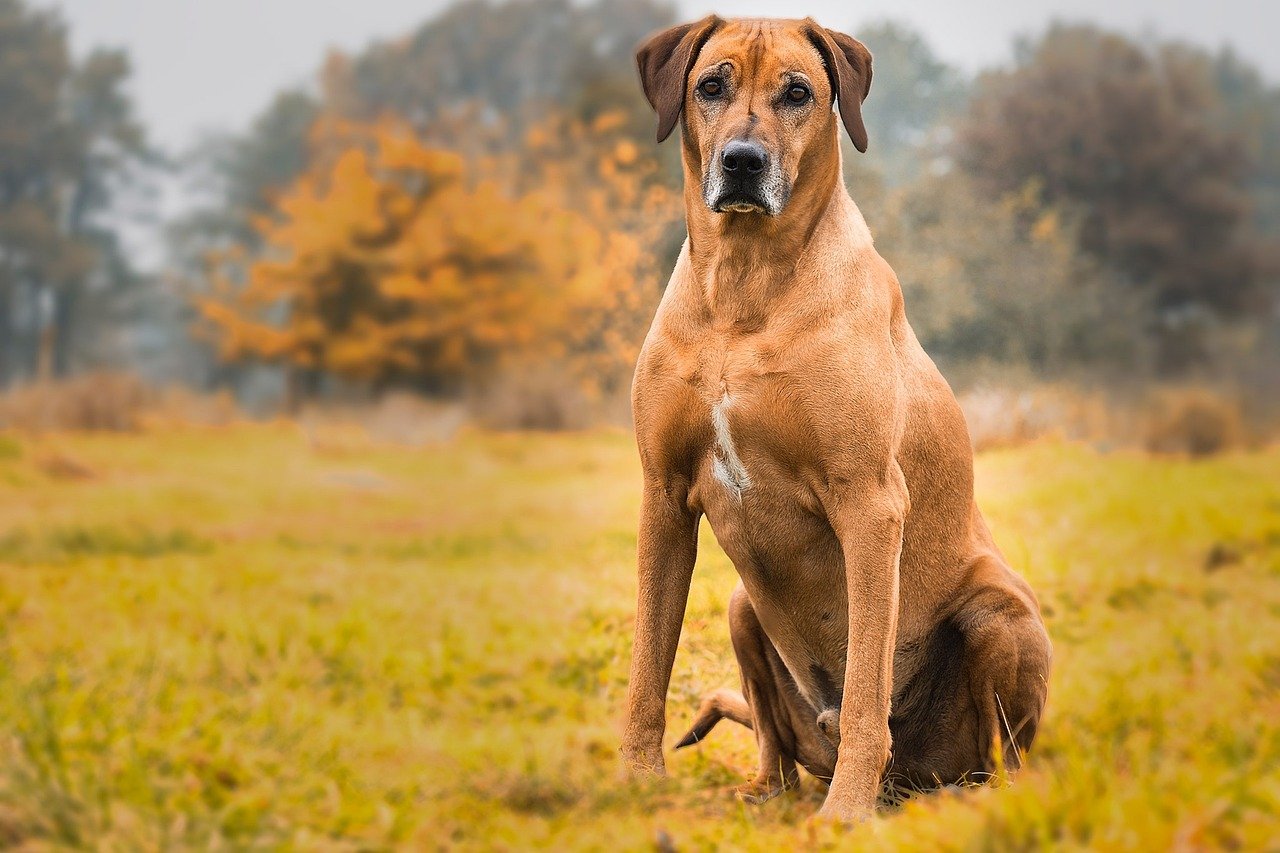
These African lion hunters carry themselves with the quiet confidence that comes from knowing you can handle pretty much anything life throws at you. Rhodesian Ridgebacks are faithful and watchful protectors of their loved ones, that often requires a firm fair hand due to their strong will and independent nature. These powerful hounds make for the perfect family pet and are often praised for their lack of barking. Named for the distinctive ridge of hair that grows backward along their spine, these dogs understand that true strength doesn’t need to announce itself.
Rhodesian Ridgebacks may be large and powerful-looking, but they rarely raise their voices for attention or intimidation. When presented with a potential threat, they are more likely to plant their prodigious bodies between it and those they care about. Their warm, expressive faces rarely emit barks, but their body language is clear: stay away! Originally bred to track lions in Africa, they learned that stealth and silence were essential survival skills.
Rhodesian Ridgebacks have quite a unique look. You can identify this breed by looking at the stripe of hair that grows down their spine. This breed is also incredibly calm and quiet. They were bred to track lions down in Africa, meaning they know how to stay silent while searching for prey.
Shiba Inus: The Zen Masters of the Dog World
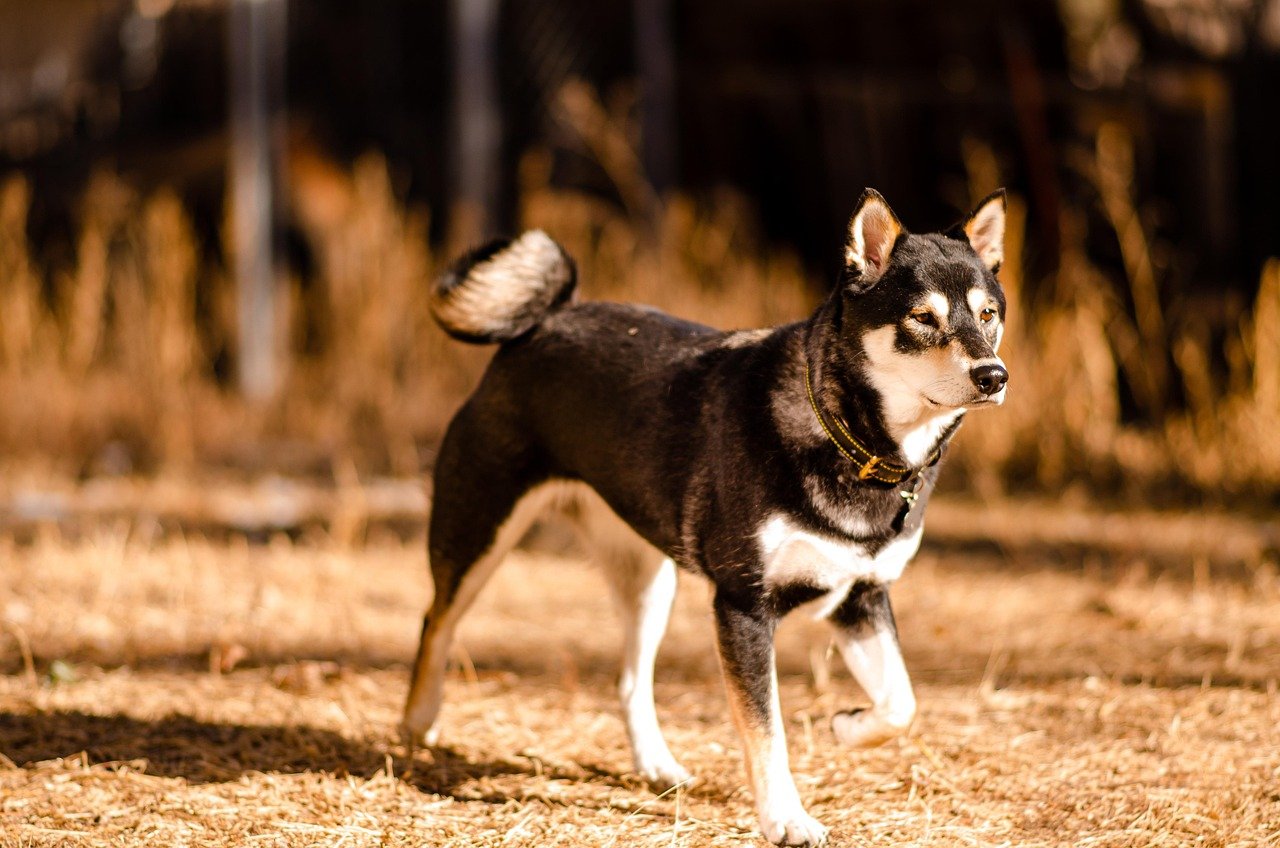
These fox-faced Japanese natives have achieved something many humans struggle with—inner peace that doesn’t require constant vocalization. While they’re most widely known as part of the popular doge meme, Shibas won’t be saying “much wow” anytime soon. The canines stay pretty mum — until they engage in the occasional “Shiba scream.” With their cat-like independence and dignified bearing, Shiba Inus prefer to observe the world quietly rather than bark commentary at every passing squirrel.
Famously for cat lovers, the Shiba Inu’s demeanor tends to skew more feline than canine. Their ancient Japanese heritage taught them that true wisdom comes from watching and waiting, not from announcing every thought that crosses their mind. Shiba Inus are known to be possessive, but they do not do well around kids and other pets. They like to keep their toys, bed, and food well away from other living things. With that said, they will not participate in nuisance barking. While they can be somewhat aloof, their quiet nature makes them excellent companions for people who appreciate a dog with a more meditative approach to life.
Japanese Chin: The Aristocratic Climbers
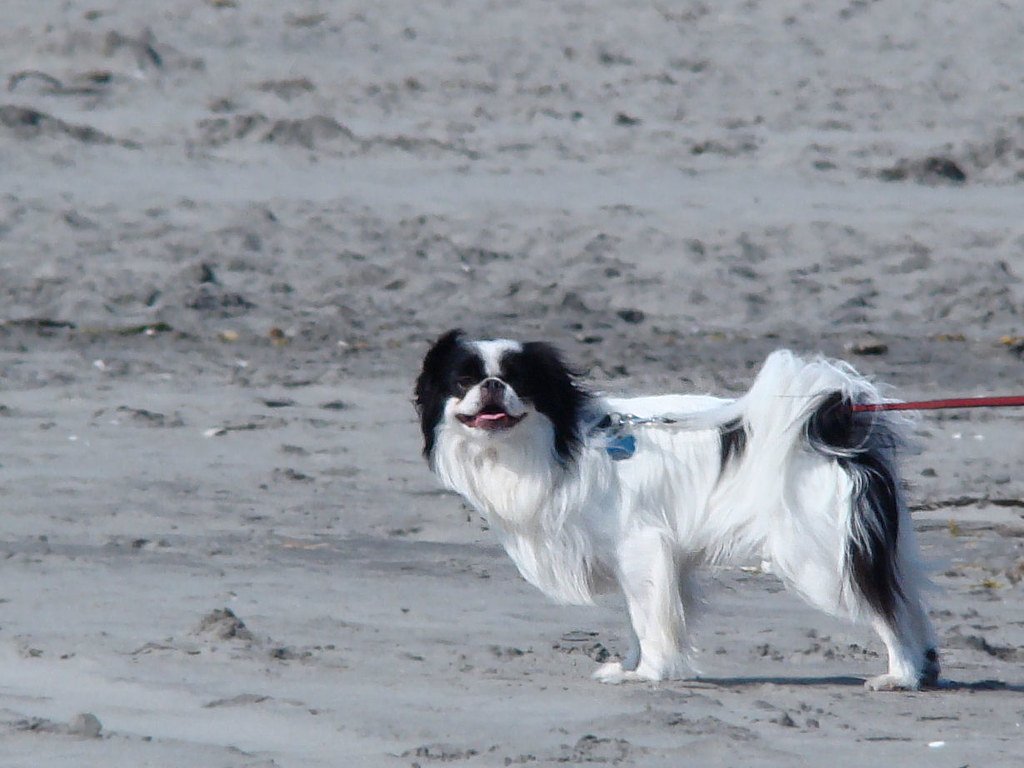
These tiny, elegant dogs are like feline souls trapped in canine bodies, complete with a preference for high perches and quiet contemplation. Japanese Chins are the cats of the canine world — they’re elegant, intelligent, and generally quiet. Chins will occasionally bark at strangers, but with a bit of training and socializing, they’ll rarely make a peep.
An affectionate, independent breed that doesn’t require lots of exercise, These fascinating little aristocrats have an unusual habit of climbing to high places, which earned them their reputation as “cat-like” dogs. Also called the Japanese Spaniel, the Japanese Chin dog — described as a cat-like breed because of its climbing abilities and extreme self-grooming habits — is one of the chillest small dogs.
Japanese Chin dogs have a reputation for staying quiet most of the time and will only become vocal if they feel it’s necessary. Originally bred as companions for Japanese royalty, they learned early that good manners include speaking only when absolutely necessary. Their silk-like coat and expressive eyes give them an almost porcelain doll appearance, but unlike a noisy toy, they prefer peaceful silence. Unlike many small dog breeds, Japanese chins are not prone to barking. This family-friendly breed is pleasant, cuddly, and gets along with children. Fond of curling in a lap, they are often described as being cat-like.
When you’re searching for the perfect canine companion who won’t turn your peaceful home into a barking concert hall, these ten quiet breeds offer the best of both worlds—all the love and loyalty of a dog without the noise complaints from neighbors. Each breed brings its own special magic to the table, from the Basenji’s mysterious yodeling to the Great Dane’s gentle giant presence. Remember, even the quietest dog will have something to say occasionally, but with these breeds, you’re far more likely to enjoy blissful silence than endure endless yapping. What would you have guessed about the secret language of quiet dogs?